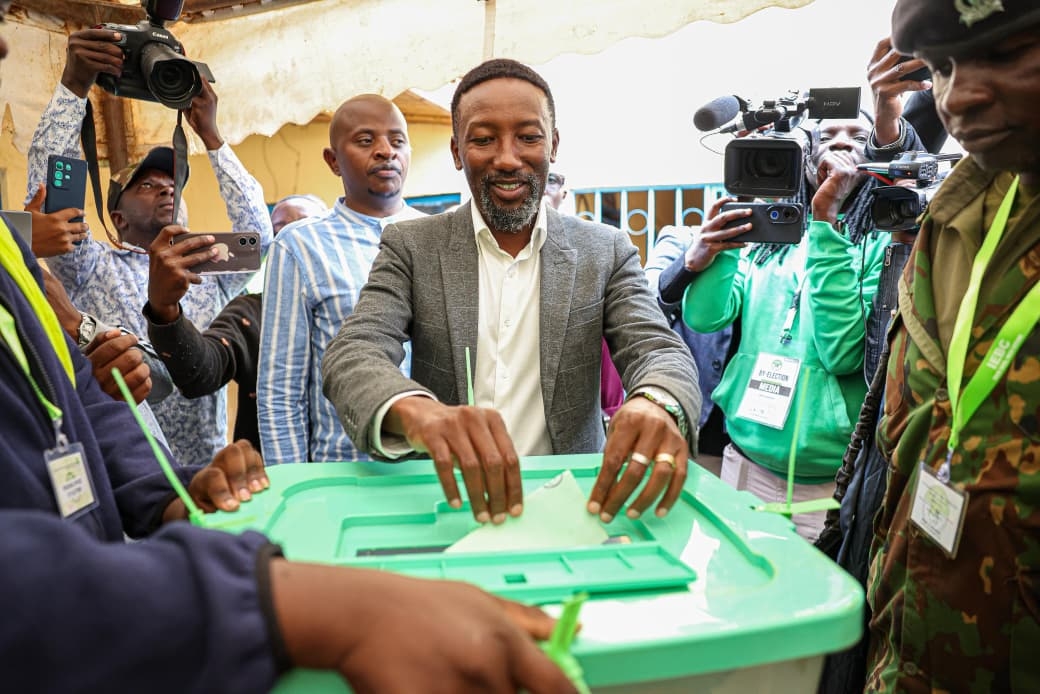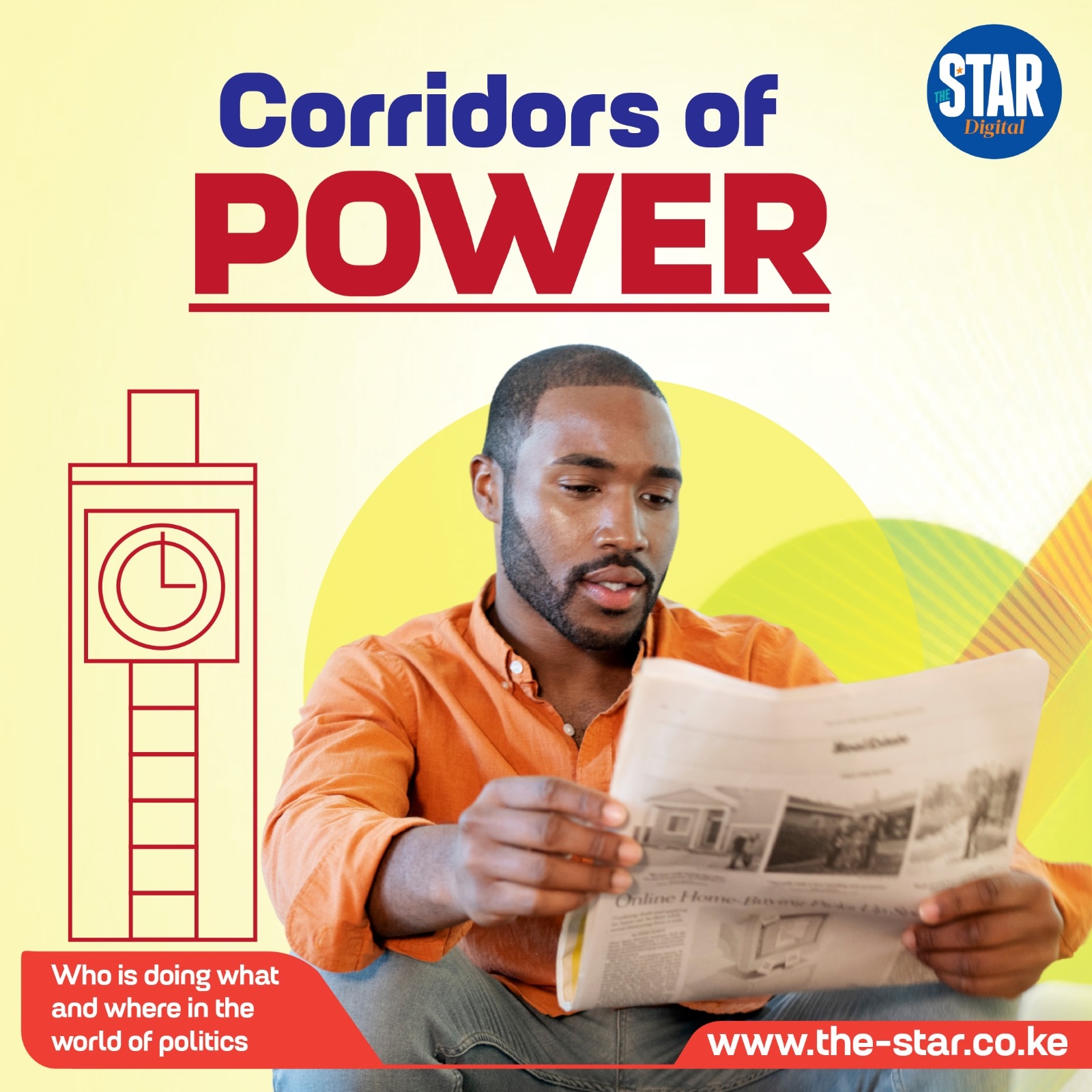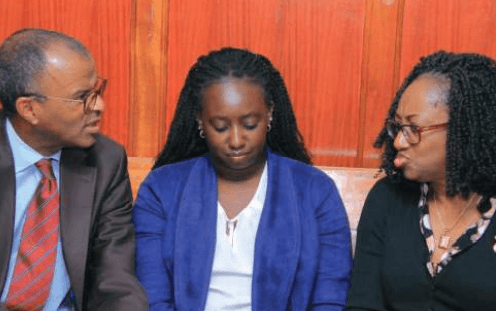The Presidential Working Party on Education Reforms has recommended the abolishment of categorisation schools into national, extra county, county and subcounty schools.
This is after a majority of the stakeholders pointed out that the categorisation of public Secondary schools promoted exclusion.
They deemed the current categorisation of schools to be discriminatory in terms of distribution of resources and resulted in over-enrollment in certain schools and under-enrollment in others.
In the report released on Tuesday, the reform now wants schools to be categorized based on career pathways.
Students will be able to have a wide range of experiences and exposure in their career choices.
This also means that schools will be classified into Day, Boarding, Mixed (day and boarding), Mixed (boys and girls) and according to pathways at Senior Secondary.
"Ministry of Education to discontinue the current categorisation of public Secondary schools as National, Extra-county, County and Sub-county; and adopt a categorization based on career pathways for Senior schools," reads the report in part.
The reform also called for the abolishment of Section 43 (2) of the Basic Education Act.
Section 43 (2) of the Act, makes provision for a case where a public basic education institution may be converted to a private basic education institution.
The act adds that the conversion should be done in consultation with the National Education Board (NEB) and approved by the Cabinet Secretary of Education.
The reform said that such conversion from public to private status should be done away with, given the affordability of public schools in the promotion of free and compulsory basic education.
"The provision should only allow for a case where a school may be converted from private to public status and clarify that no public school shall be converted to private status," reads the report.















